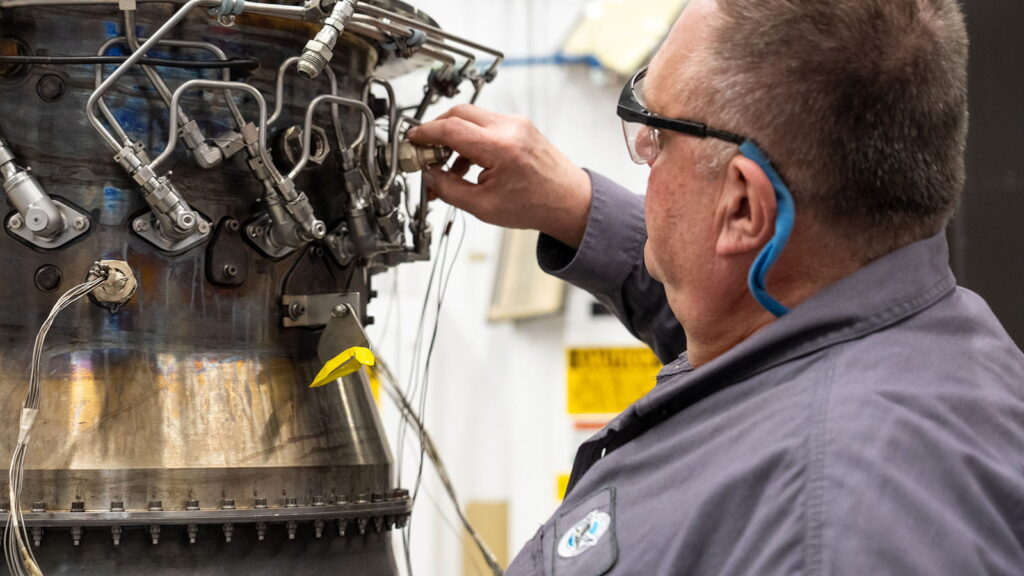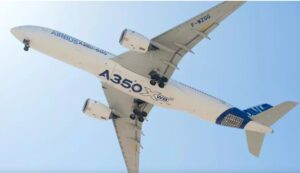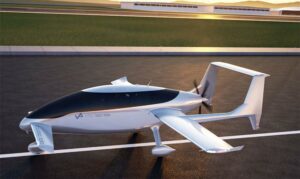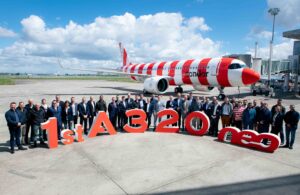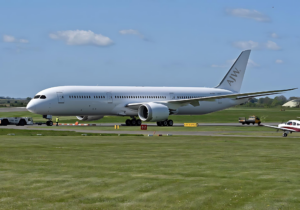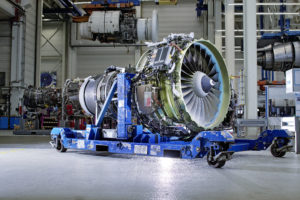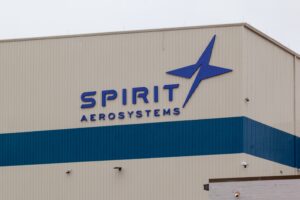Pratt & Whitney and the Federal Aviation Administration (FAA) will work together with Missouri University of Science and Technology (Missouri S&T), Aerodyne Research, Inc., and the Environmental Protection Agency (EPA) to study non-CO2 aviation emissions, to help understand and reduce the environmental impact of those emissions. As part of the FAA’s ASCENT programme, the project will measure emissions from a Pratt & Whitney GTF™ engine combustor rig test-stand using conventional Jet A and 100% sustainable aviation fuel (SAF).
The project will compare emissions from Jet A kerosene and SAF comprised of 100% hydro-processed esters and fatty acids synthetic paraffinic kerosene (HEFA-SPK), a biofuel derived from vegetable oils and animal fats; the fuel is supplied by World Energy.
“By bringing together expertise from industry, government and academia, this project represents an important step towards understanding and reducing the environmental impacts of aviation, including those arising from non-CO2 emissions,” said Dr. Philip Whitefield of Missouri University of Science and Technology. “SAF containing low sulphur and aromatic hydrocarbon concentrations could contribute to reduced sulphur dioxide and non-volatile particulate emissions, which are associated with contrail formation and the impact to global warming.”
The rig tests will take place at Pratt & Whitney’s facility in Middletown, Conn., using an advanced rich-quench-lean (RQL) combustor. The rig allows testing of the full range of combustor operating conditions, including at take-off, ground and cruise altitudes, to help understand the environmental and emissions benefits of using SAF. Pratt & Whitney, the FAA, Missouri S&T, Aerodyne Research, and the EPA will collaborate on test design, execution and emissions data analysis.

